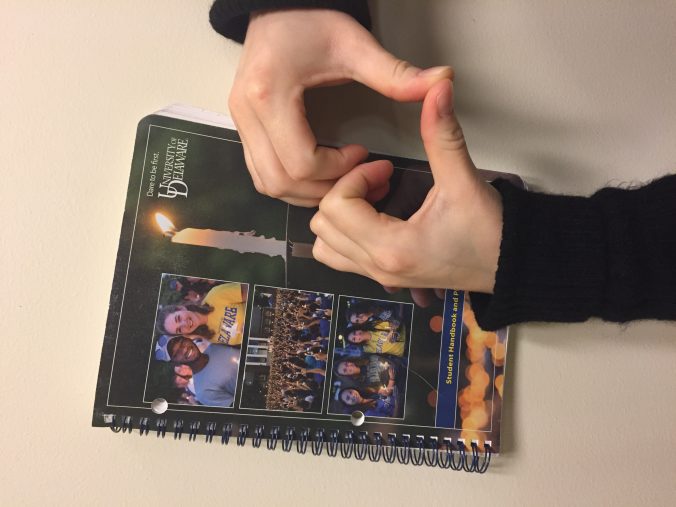College life is extremely busy. And when I say extremely busy, I mean hectic. Even tumultuous and overwhelming at times. Between all the exams, quizzes, homework, papers, club and activity meetings, sports practices, socialization with friends, and everything in between that occupy our lives, we barely even have time to eat and sleep, let alone relax. As an Honors freshman in my second semester of college, I can say that the spring semester is at least less overloaded than my introductory fall semester into higher education, which consisted of orientation events, getting to know my floor, getting used to classes, and assimilating into college life. However, time management is still an ongoing effort (and always will be). Here are my observations, musings, and pieces of advice on time management, a craft that can always be honed. (Author’s note: I can’t claim to be any sort of champion of time management, but I figured some recommendations could help at least a few people).
- Use a planner.
If you aren’t presently using a planner, I applaud you for surviving this long. But why survive when you can thrive? It’s time to dust off an old planner or order a new one off of Amazon and start penciling in your due dates. What I have found helpful is going through each of my classes’ syllabi and writing all the due dates in the calendar portion so that they are easy to see in relation to each other. Some people have said that Google Calendar is excellent for scheduling your day right down to specific times. No matter your choice of itinerary organizer, you can rest assured that you will never forget your due dates, you will always attend your club meetings, and your life will be less turbulent.
- Know your study style.
If you are a student who requires absolute silence and/or solitude while studying, like me, don’t try to force yourself to join a group of people who are studying in a lounge, which could end up being distracting. Conversely, if noise, music, or group settings fit your academic lifestyle, by all means, join your friends and work together with your Spotify study playlist helping you along. The point is, if you know how you work best, don’t deny it and just do what is best for you. Don’t feel like you are missing out on being with friends if it is essential for you to remain in your room with the door closed in order for you to crank out work; contrarily, don’t feel like you have to hole yourself up in the library if that’s not your most productive environment.
- Minimize commuting time and maximize work time.
What has recently helped me is finding intermediate spots on campus to do work in between classes instead of walking back to my dorm. That way, I can squeeze miscellaneous tasks or a little bit of work into the time that I have. For example, if I am walking back from a class and I am going to eat lunch in half an hour, instead of walking back to my dorm, I will just go directly to the dining hall and answer e-mails or do a little bit of work and then eat. Another method is to find good work spots in your classes’ buildings and work there for a while. The time that would have been wasted walking back to your dorm can be spent getting things done instead.
- Find a campus involvement balance.
Joining activities and clubs to get involved is an advantageous decision, but there is such a thing as overburdening yourself with campus pursuits. Joining too many activities could all too easily overwhelm your schedule and cause you to spread yourself too thinly over too many activities. This results in a time management disaster – having too little time to do work and your other daily occupations – and not being able to fully participate in any one activity. The other end of the spectrum is also problematic: barely being involved in activities results in the mindset of having an abundance of time, which could induce dreadful procrastination. Being involved in activities can actually give a sense of urgency to the time that you have, pushing you to complete your work in a timely manner. The key is identifying the best balance of involvement.
Time management is a school and life skill that takes never-ending improvement. Do what is best for you, try your hardest to manage your time wisely, and ultimately enjoy your time here.



